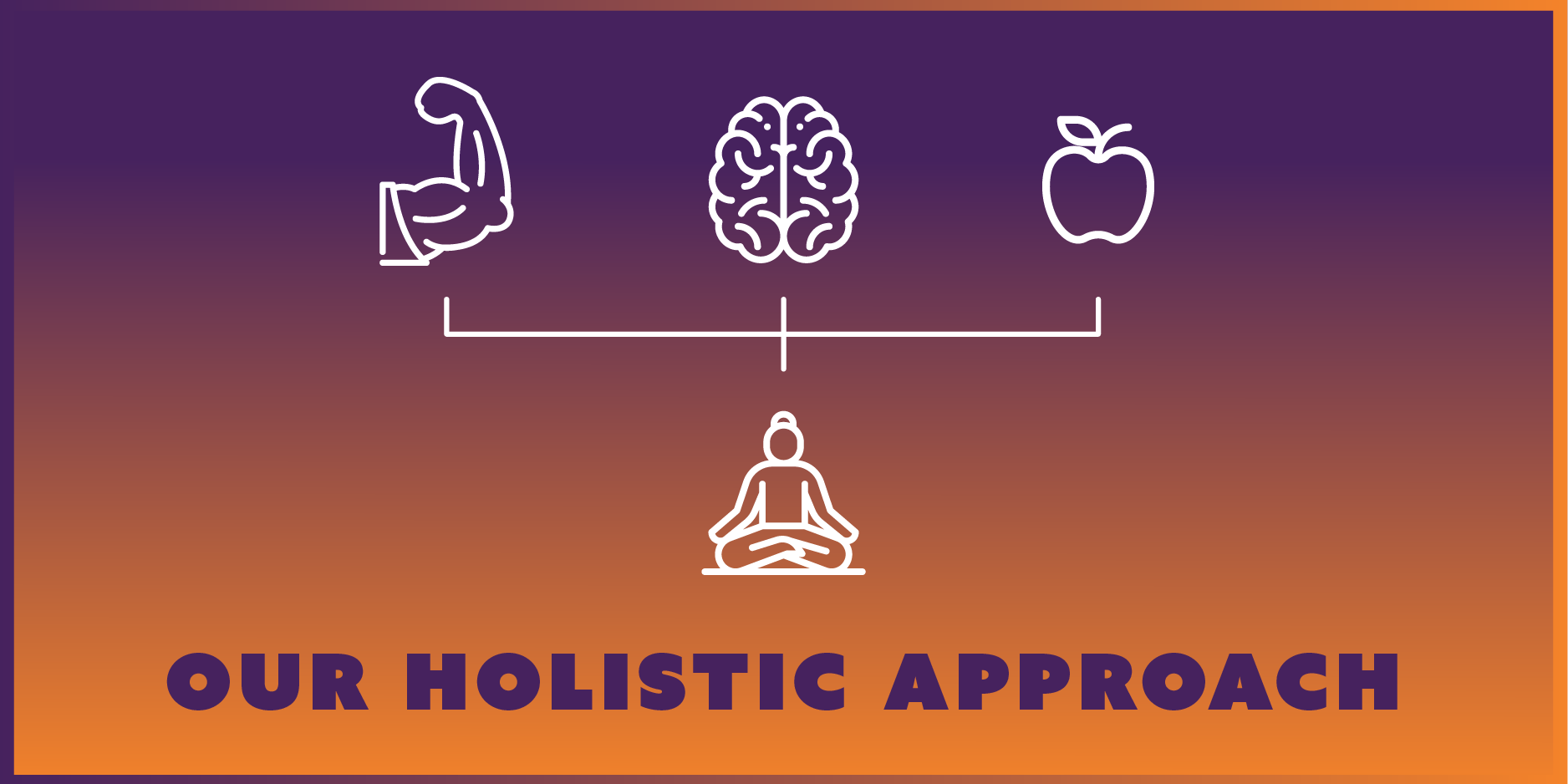
Holistic Approaches to Dental Care: Embracing Natural Solutions
For centuries, people have sought natural remedies to maintain their oral health. While modern dentistry offers incredible advancements in technology and treatment, many are turning towards holistic approaches that integrate natural solutions with conventional methods. This approach emphasizes the interconnectedness of oral health with overall well-being, considering not just the teeth and gums, but also the body's systemic health. This article explores various aspects of holistic dental care, highlighting natural strategies that can contribute to a healthy, vibrant smile.
Understanding the Holistic Philosophy
Holistic dentistry views the mouth as an integral part of the entire body. Practitioners consider factors beyond just the immediate oral cavity, taking into account diet, lifestyle, stress levels, and underlying health conditions. They believe that addressing the root causes of oral problems, rather than simply treating symptoms, is key to long-term oral health. This philosophy emphasizes prevention through proactive measures and utilizes gentler, less invasive techniques whenever possible. It prioritizes the use of biocompatible materials, avoiding potentially harmful chemicals found in some conventional dental products. This proactive approach often involves collaborative care, where dentists work closely with other healthcare professionals, such as nutritionists and naturopaths, to create a comprehensive treatment plan.
Natural Strategies for Oral Health
Nutrition Plays a Crucial Role
A nutrient-rich diet forms the cornerstone of holistic dental care. Consume foods rich in vitamins and minerals essential for strong teeth and gums. Think crunchy fruits and vegetables that naturally clean teeth, and avoid excessive sugar intake, a primary contributor to tooth decay. Specific nutrients to focus on include Vitamin D, calcium, phosphorus, and Vitamin K2, all vital for bone health and mineralization. A balanced diet also helps maintain a healthy gut microbiome, which impacts overall immunity and can influence oral health.
Oil Pulling: An Ancient Technique
Oil pulling, an ancient Ayurvedic practice, involves swishing oil (typically coconut or sesame) in the mouth for 15-20 minutes. This process is believed to draw out toxins and bacteria, improving oral hygiene. While scientific evidence is still emerging, many individuals report improved gum health and reduced plaque buildup after incorporating oil pulling into their routine. Remember to spit the oil into a trash receptacle, as it can clog drains.
Herbal Remedies and Homeopathy
Certain herbs possess antimicrobial and anti-inflammatory properties that can benefit oral health. For example, tea tree oil exhibits antibacterial effects, and myrrh has traditionally been used to soothe gum inflammation. Homeopathic remedies, while controversial, are also sometimes used to address specific oral health concerns. It's crucial to consult with a qualified practitioner before using any herbal or homeopathic remedies, especially if you are taking other medications.
Beyond the Basics: Additional Holistic Considerations
Holistic dental care extends beyond simple brushing and flossing. It addresses stress management, as chronic stress can negatively impact overall health, including oral health. Techniques like meditation, yoga, and deep breathing exercises can help manage stress levels. Moreover, adequate sleep and regular exercise contribute to a robust immune system, better equipping the body to fight off oral infections. Choosing biocompatible dental materials, such as mercury-free fillings, also aligns with the principles of holistic dentistry, reducing exposure to potentially harmful substances.
Ultimately, a holistic approach to dental care provides a comprehensive and personalized pathway to optimal oral health. By combining natural strategies with conventional dentistry, individuals can proactively maintain a healthy smile and contribute to their overall well-being. Remember to always consult with a qualified dental professional before making significant changes to your oral health routine.
No comments:
Post a Comment
Note: Only a member of this blog may post a comment.